By Xue Lingqiao and Wei ChenXi
The 2024 Summit of the Forum on China-Africa Cooperation (FOCAC) is currently ongoing in Beijing, capital of China. This is not only a grand gathering of China and Africa, but also a major event for the Global South and the entire international community.
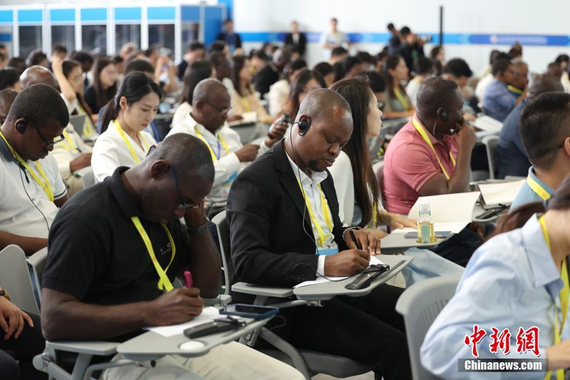
China is the world’s largest developing country, while Africa is the continent with the highest concentration of developing countries. The two peoples enjoy natural affinity. Since entering the new era, over two billion Chinese and African people have been joining hands in pursuing a shared future, embarking on a distinctive path of win-win cooperation, leaving behind countless touching stories.
As China and Africa elevate their relations to a new height, Palamagamba John Kabudi, former Tanzanian minister of foreign affairs and East African cooperation and professor at the University of Dar es Salaam, together with Xie Yanshen, president of overseas Chinese Association in Togo, joined China News Service in W.E.Talk, for their perspectives on building China-Africa friendship, sharing opinions on their expectations on the future of China-Africa relations including the deepening of cooperation as well as an increasing cultural and people-to-people exchanges between the two sides.
Cultural communications fundamental to people-to-people exchanges
Cultural communications serve the cornerstone of all-round cooperation between China and Africa, covering trade and commerce, science and technology, education, health care and infrastructure construction, as agreed by Kabudi and Xie.
Xie first began with his stories working and living in Africa.
“Starting the end of 1988, I was preparing to embark on my journey to Africa. My experience told me that if one can visit for an authentic African exhibition, they will leave a different impression on Africa and its people,” Xie said.
From his observations, carving art enjoys high status in Africa, as it can be found almost everywhere across the imperial and folk life as well as the religious and daily occasions. Either being a collector of African artworks, Xie explained that as a treasure trove of carvings, African artworks have long faced challenges in protection and preservation.
“I take it for my missions to protect them. I mean rescuing protection,” Xie noted.
Xie now has a private museum in Lome, Togo. Asked about his original intentions in setting up the museum, he said that his museum is a bridge for cultural communications, joining the emotions by the two peoples by presenting Chinese visitors a close-up experience of the profound culture of Africa.
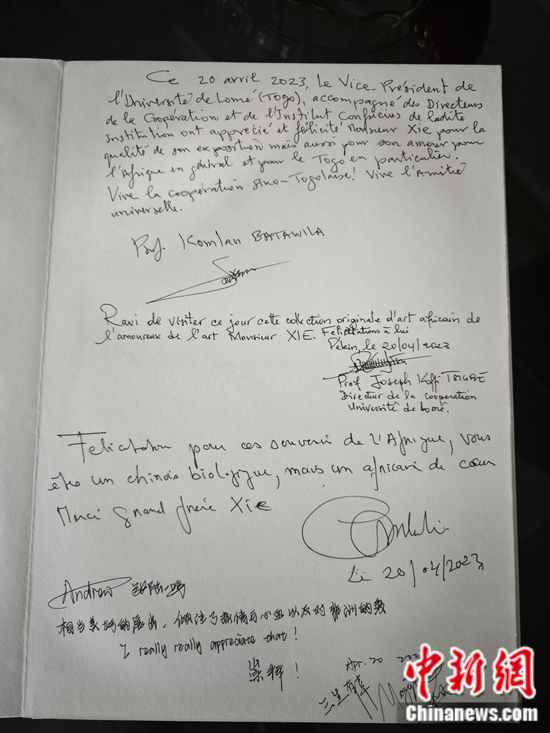
“Many African ministers of culture have paid visits to my private museum in Togo, saying that the museum has helped them train management talents of museums, researchers and conductors, which are of great benefit to the cultural inheritance of Africa,” added Xie.
Introducing that blues, rap, swing dance and ghost dance are all imports from Africa, Xie observed that these art styles are greatly favored by the Chinese people.
“An affection towards Africa means that one will like all elements of Africa, including its music, dances, sports, food, and architectures. By doing so, a tourism fever towards Africa can be expected.”
Touring in Egypt for the pyramids and heading for Kenya to experience the immigration of animals, Africa is attracting global tourists for its rich tourism resources. According to data from Statistics South Africa, the country witnessed booming international tourists, with the number of Chinese tourists totaled 37,000, registering a year-on-year increase of 205.5 percent.
2024 marks the Year of Culture and Tourism between China and Tanzania. “Tanzania has great potential for tourism development, and through exchanges with related Chinese industries, we are customized to meet the tourism needs of Chinese tourists, such as their destination or service preferences,” said Kabudi.
In addition, he also noted that in Tanzania, many young people who are skilled in acrobatics have once been trained in China from the country's masters. "We want young people from Tanzania to come to China and we welcome young people from China to come to Tanzania," added Kabudi.
In recent years, China and Tanzania have continued to promote humanities exchanges and cooperation, witnessing more and more Tanzanians heading to China for study. The number of Tanzanian students studying in China reached 5,000 at its peak. As of the end of 2023, 19 African countries have incorporated the Chinese language into their national education systems, and 47 countries have established a total of 77 Confucius Institutes and Confucius Classrooms.
In the fields of higher and vocational education, scientific research, tourism culture, language and sports, China’s exchanges with Tanzania and other African countries have made significant progress. Luban Workshops groom African skilled talents, Chinese television dramas win the hearts of African audiences, language competitions like Chinese Bridge go global among African students.
Medical aids most vivid portrayal of bilateral exchanges
People-to-people exchanges and cooperation between China and Africa are frequent in recent years. Over the year, China has provided substantial medical aid to African nations, writing touching chapters of bilateral cooperation.
As noted by both Kabudi and Xie, China has sent doctors to African’s rural areas since the 1960s and 1970s, participating in the local medical rescue efforts.
In 1963, a Chinese medical team at invitation was dispatched to Algeria, marking the beginning of China's history of sending medical aid teams abroad. Throughout the years, medical aid has always been an important part of China's foreign assistance.
“There are two Chinese medical teams stationed in Togo, one in capital Lome and another at the northern city of Kara, both consisted of around twelve members, including those coming from China’s most top-notched hospitals,” as Xie introduced.
Togo, the West African country, witnessed the longest stay by Xie.
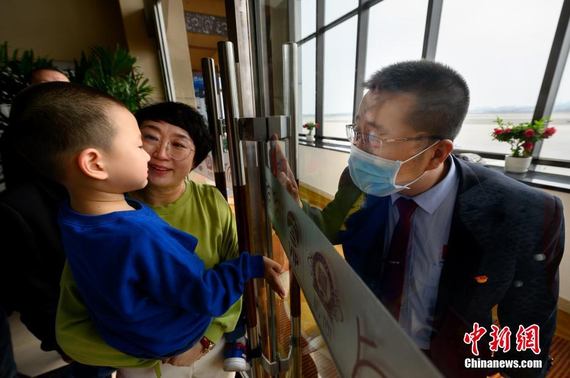
During the past years in Togo, basic low-price medicines like paracetamol (or acetaminophen) is often in short supply, Xie recalled. He was echoed by Kabudi, who also noted that in recent years, under the assistance by Chinese medical teams, short supplies of drugs in countries like Togo and Tanzania have been eased, and the quality of them are better guaranteed.
“Increasing Togolese will come for Chinese doctors for solutions,” said Xie.
Previous working and living environment tough and current hospital infrastructure modern, Xie said that the Togolese government has built apartment buildings for accommodation for Chinese doctors.
“Hearing Chinese doctors coming to Africa for medical assistance, some African countries promised a sound accommodation for them,” Xie remembered.
By the end of March 2024, China had sent a total of 25000 medical team members to African countries with 230 million patients receiving treatment.
Kabudi and Xie also mentioned that many African people are very interested in Chinese acupuncture and massage, and they spoke highly of their clinical effect.
In recent years, under the framework of the Belt and Road Initiative (BRI) and the FOCAC, China-Africa cooperation in personnel training has been frequent and prosperous, inviting countless young African students coming to Chinese universities to study clinical medicine.
China’s experience a model for Africans
The FOCAC this year is themed with "Joining Hands to Advance Modernization and Build a High-Level China-Africa Community with a Shared Future", which Xie has a resonance on that.
Several years ago while attending an exhibition in Beijing, Xie was amazed by a series of Togo-themed photos inside its national pavilion, at which the towering buildings, stretching viaducts and brand-new aircraft showed a modern and prosperous Togo country.
“It is also within merely the past few decades did China developed into a modern country,” Xie noted.
Sharing similar views, Kabudi pointed out that in just a few decades, China has gone through the development process that took Western developed countries hundreds of years.
He also noted that China's modernization and the development of socialism with Chinese characteristics have led to remarkable achievements in many fields, including agricultural development, poverty alleviation, industrialization, artificial intelligence, space science and so on.
Africans show great respect towards China and they all want to learn from China’s successful development experience, as Xie pointed out. On his side, he believes that China modernization path has not only advanced China’s own development, but also brings tangible benefits to African countries and regions.
“China sincerely helps African countries and is willing to develop together with its African brothers,” said Xie with proud, as he held that this is the most outstanding quality of China.
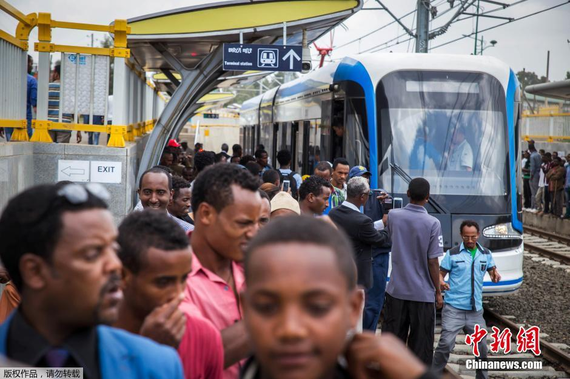
At the beginning of this year, when the African Cup of Nations was held in Abidjan, capital of Côte d'Ivoire, Xie was an audience at the site. On the streets of the capital, he saw a bulk of Chinese electric vehicles (EVs). With the equipment of increasing charging piles for the EVs, Xie believed that Chinese EV brands will continue to explore the African market.
“The Chinese is greatly welcomed to invest in Africa, with clean energy plants strongly favored,” Xie introduced.
Regarding climate change, Kabudi believes that the world needs to reduce the pollution caused by humans, adding that “China is a leading country in electric vehicle production, and the progress made in this field will help reduce global carbon dioxide emissions.”
“Considering the achievements, China will show greater actions and further change the world in the process of advancing modernization,” said Kabudi.
Besides, Kabudi spoke highly of the BRI and the BRICS Plus Initiative advocated by China, saying they have provided participating African countries with growth opportunities while accelerating the regional integration of East Africa.
“These Chinese proposals not only help developing countries develop infrastructure and strengthen multilateral trade cooperation, but also improve the livelihood of the local people,” said Kabudi. Stressing that China has made great achievements in this context, he added that the achievements are also conducive to global peace and development, as well as a better future for mankind.








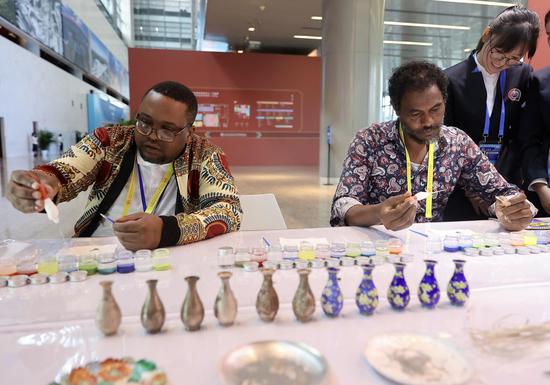
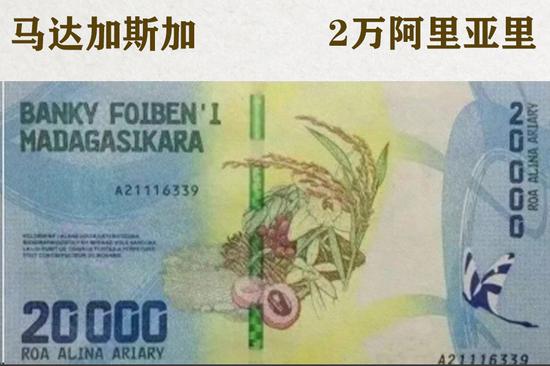
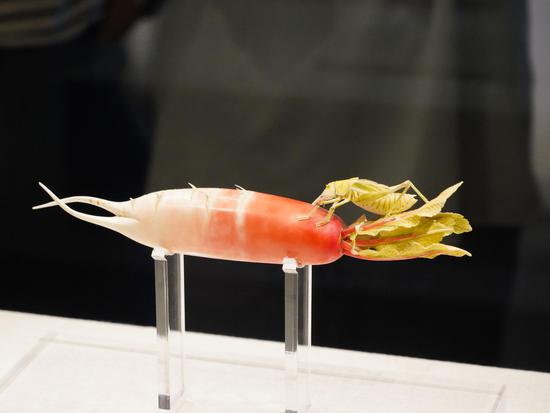
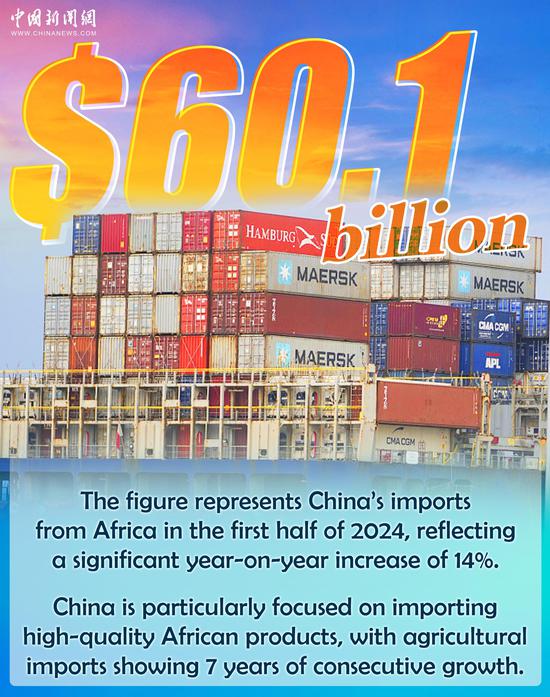
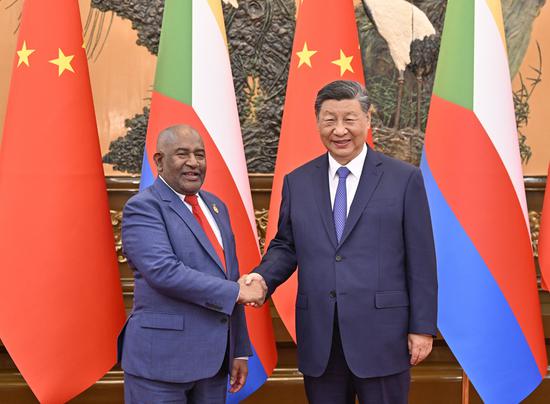
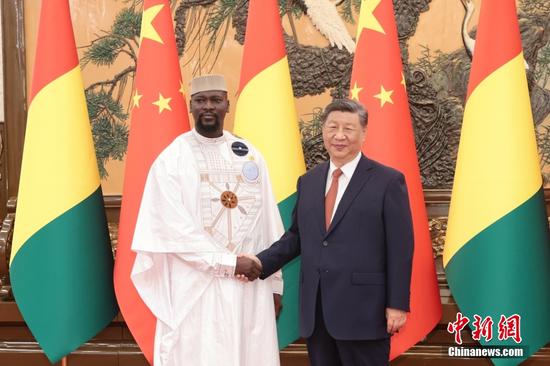
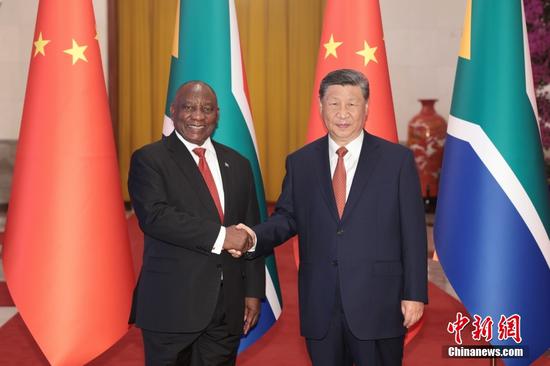
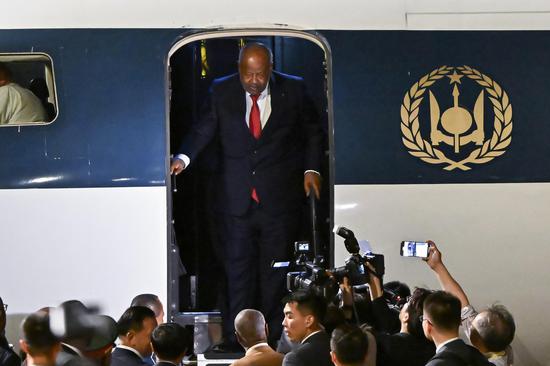
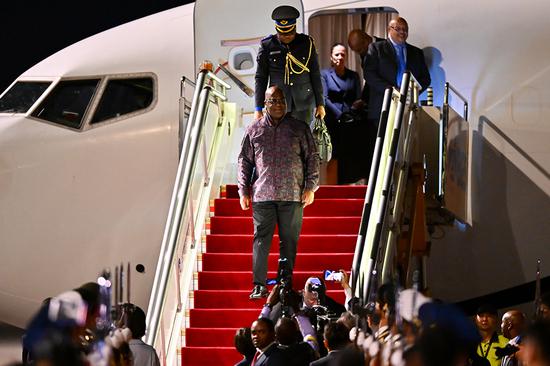


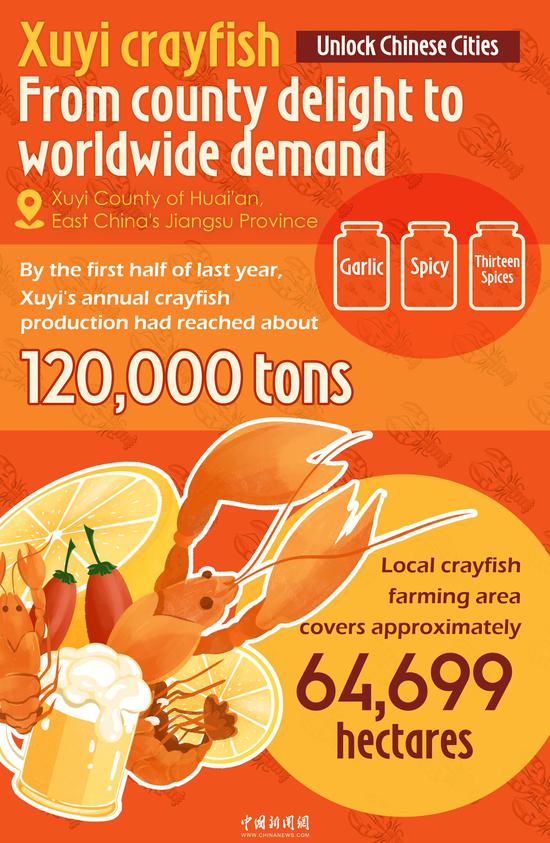


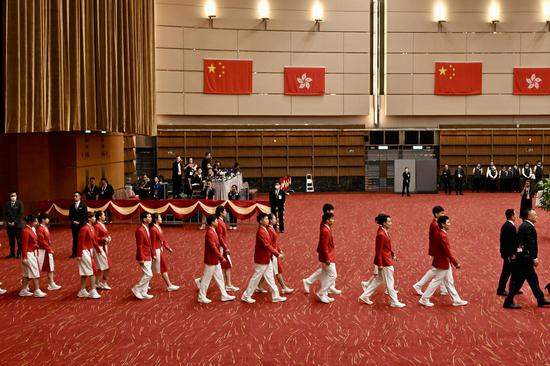
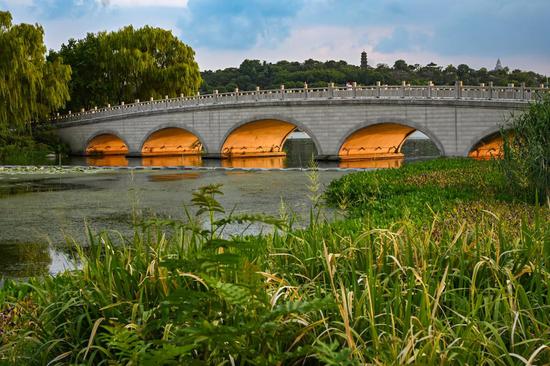

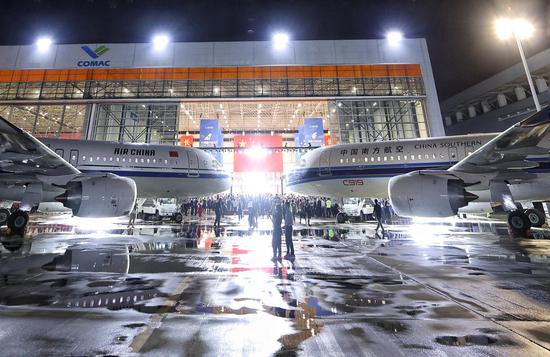
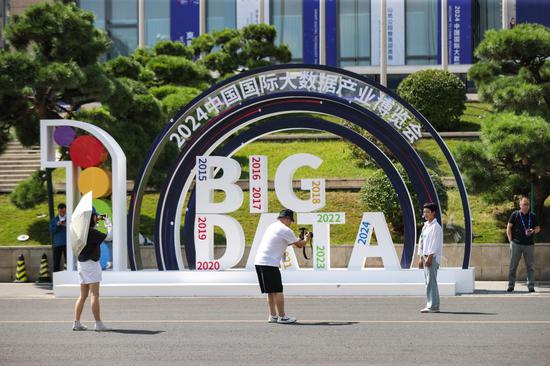
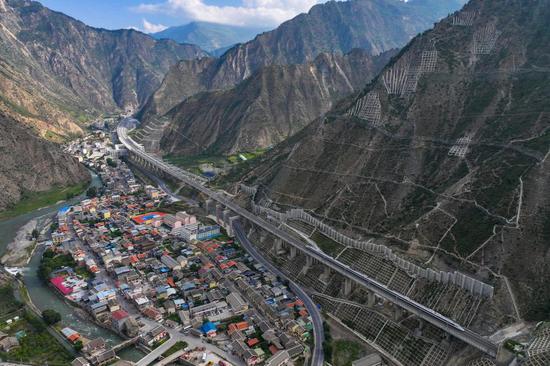
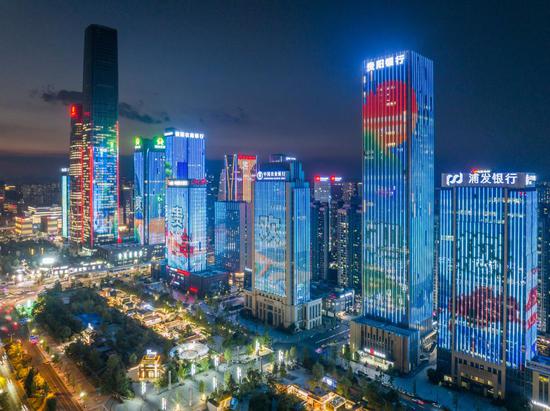
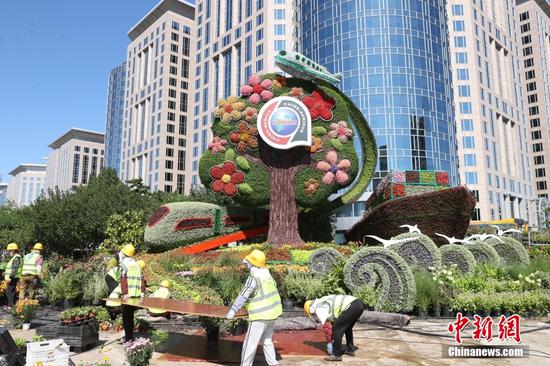

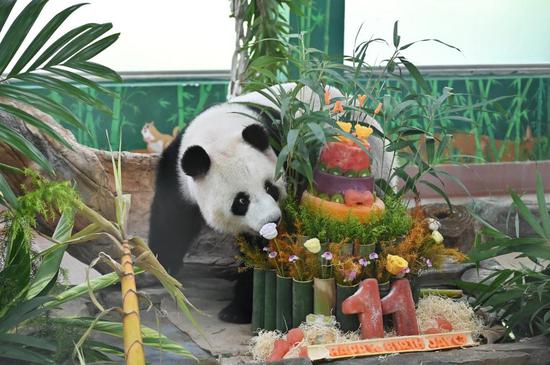
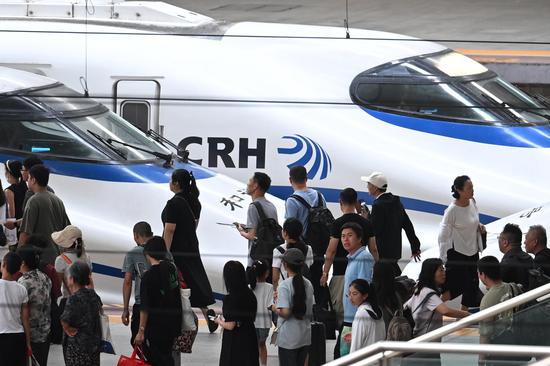
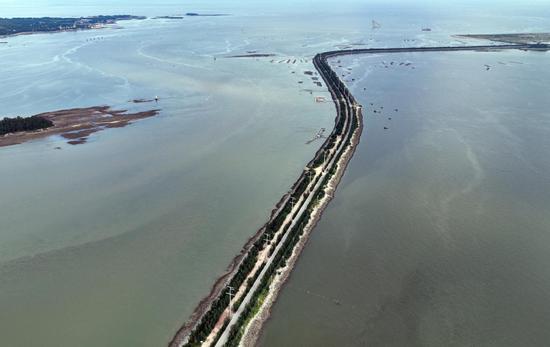
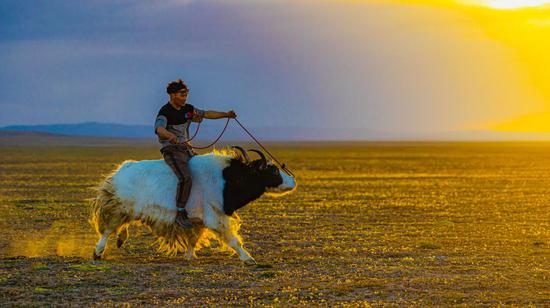
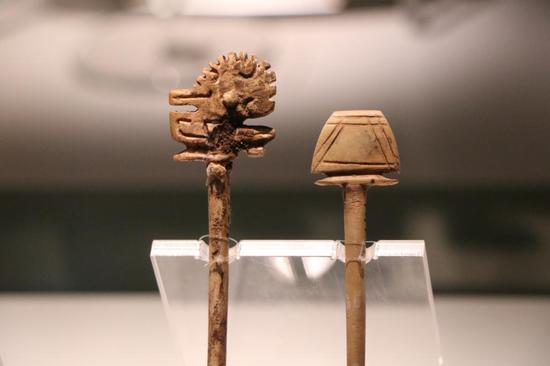










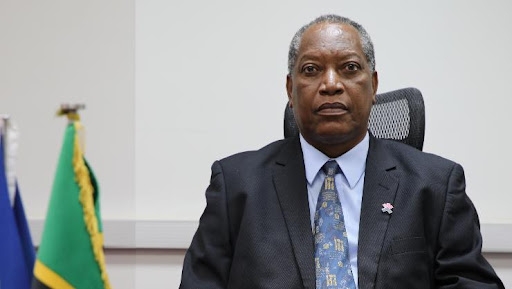

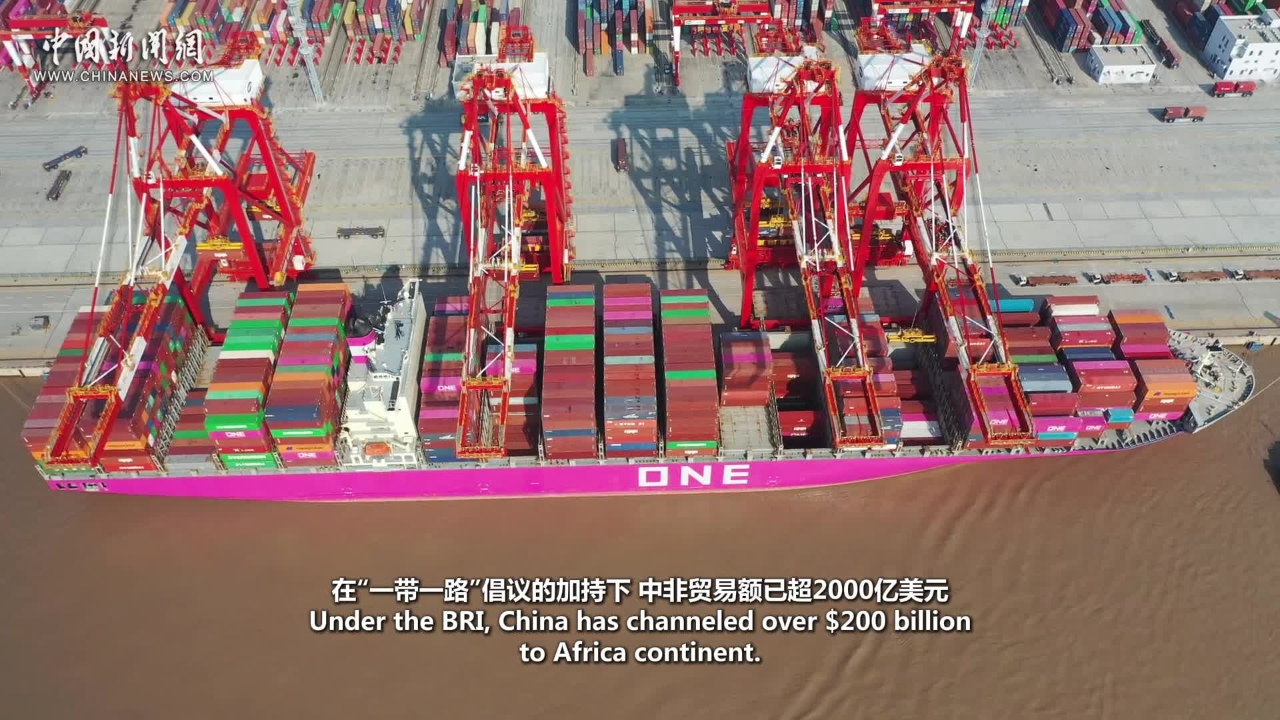

 京公网安备 11010202009201号
京公网安备 11010202009201号